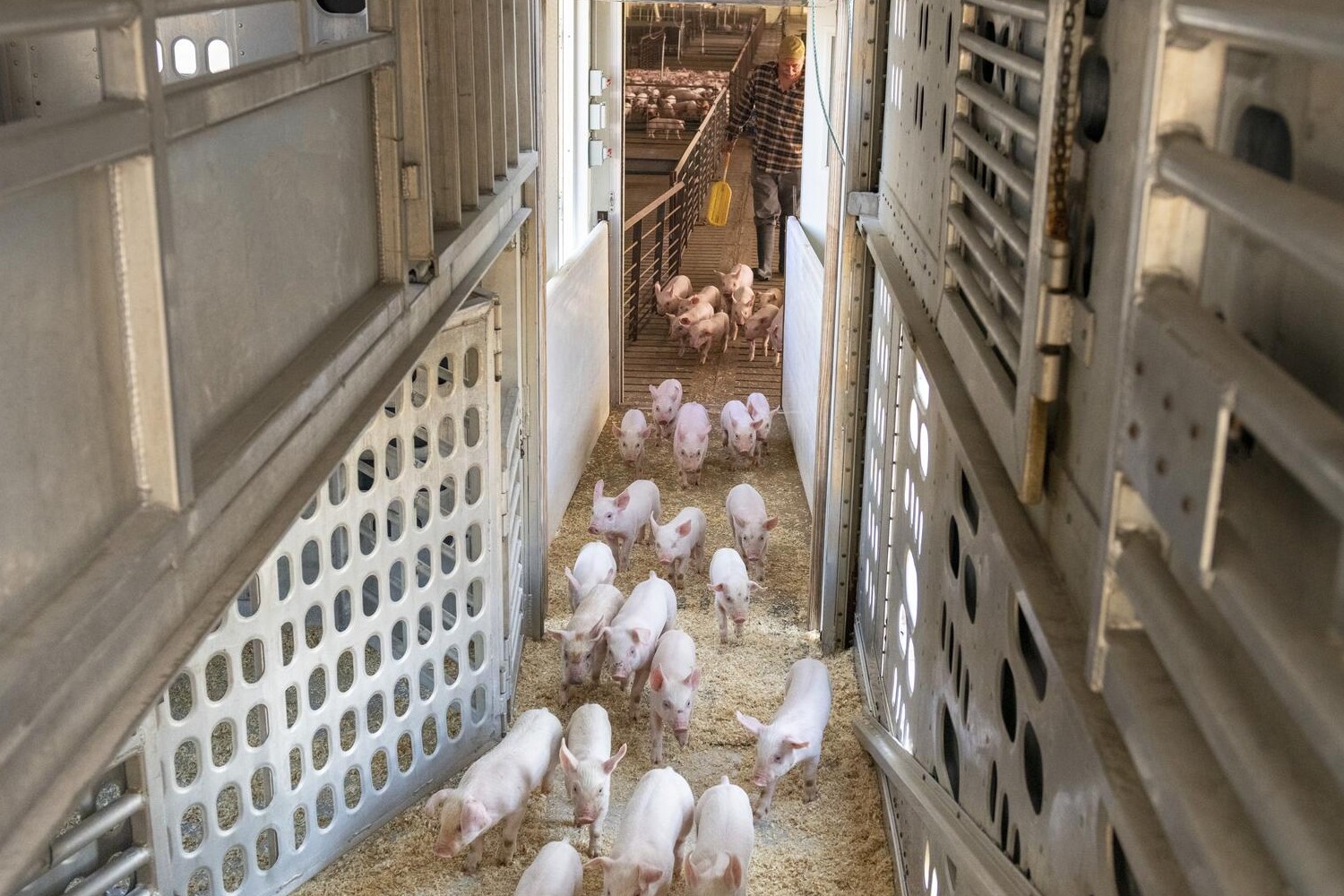The Swine Health Information Center’s Wean-to-Finish Biosecurity Initiative focuses on strengthening biosecurity practices from weaning through marketing. Dr. Lisa Becton, SHIC (Shick) associate director, stated that the effort is a collaborative partnership among the National Pork Board, the Foundation for Food and Agriculture Research, and SHIC — all working together to help producers reduce disease risks throughout the production phase.
“When we get to do research, that’s great, but when we get to do additional research because of additional funding, that’s even better. And again, we can address some of these big, hairy issues that producers face when we look at biosecurity, not only on farms but in transportation.”
Transportation plays a vital role in the pork industry every day, introducing risk to disease management
“Gathered feedback from producers to identify what the things are that they struggle with the most, and where are the areas that we can help? That’s why there was a conscious decision between the producer groups that we needed to really focus on wean-to-harvest biosecurity, because what happens there can backflow back to sow farms and really cause issues.”
Producers rely on strict cleaning and sanitation, both inside and outside of trucks. Preventing organic material from entering farms and animal areas helps reduce the risk of disease spread, such as PRRS, especially during the peak season of fall manure application.
“It’s very important that we learned that younger-age pigs, such as nursery-age pigs, can be more susceptible to outbreaks, and so it may be beneficial to wait to do manure pumping until your pigs are a bit older within the site. It also, again, is important to have sanitation of equipment, and then make sure people who are applying manure don’t come onto the farm. Wear clean boots and coveralls when coming into the area to apply because, again, you can carry those pathogens on your body, on your clothes, etc.”
Dr. Becton stated that research has shown layering biosecurity practices to be highly effective. For example, after cleaning a trailer, anyone reentering should wear clean boots, which is a simple but powerful step. She added that these are practical measures producers can implement immediately on the farm to enhance herd protection. For more information, visit swinehealth.org.


